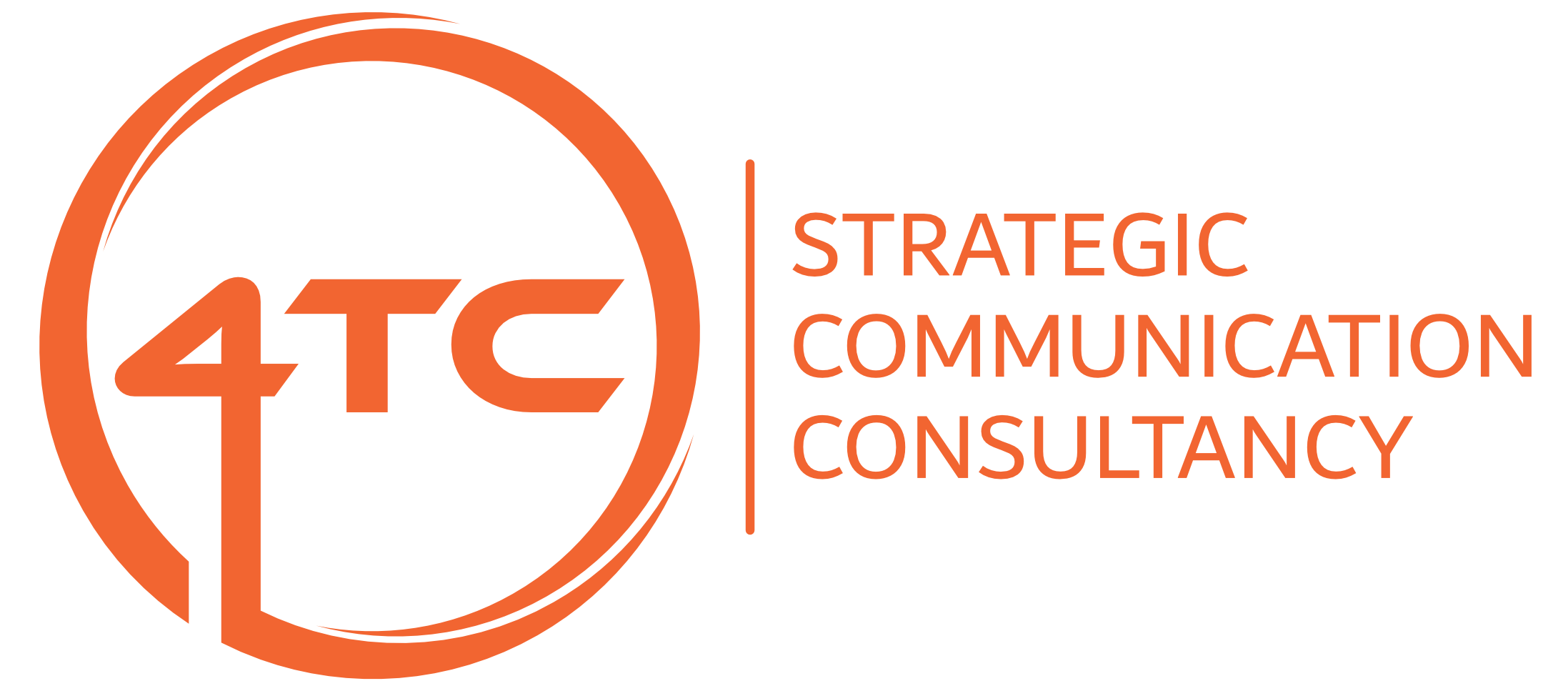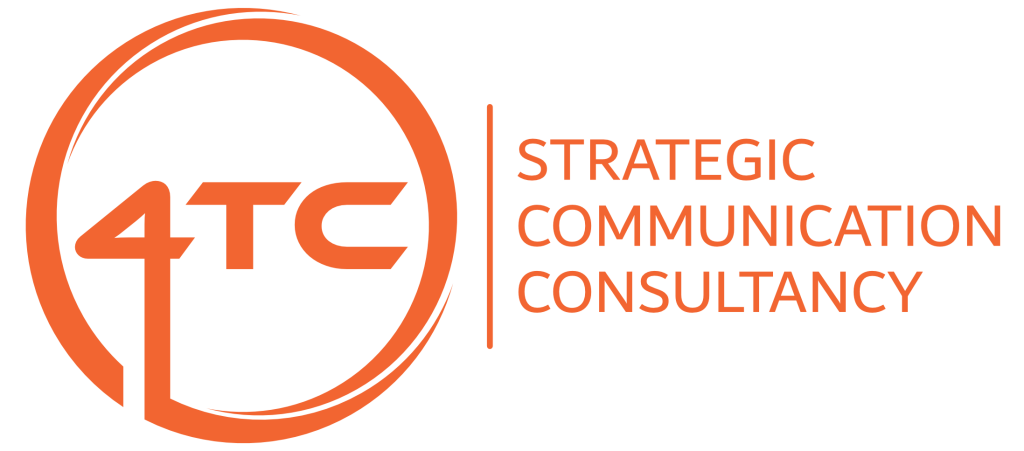Recently 4TC was invited to tender for a piece of business – it doesn’t matter who or what it was, or in what sector, or the specific services that were required – suffice it to say that it required full-service communication counsel.
Ultimately, we weren’t appointed to manage the account – but it’s a competitive marketplace and, to borrow a phrase, you can’t win them all.
However.
A comparison between the scores awarded to the 4TC tender submission and that of the successful tenderer showed that ours had outperformed in all areas related to the delivery of services – understanding the client’s requirements, programme effectiveness, the quality of the proposed team, and account management.
In fact, in every area except day-rate cost 4TC’s submission scored noticeably higher.
Despite an annual budget for fees being provided within which all tenders had to fit, a decision was made to spend on quantity, rather than quality. The implication is that the larger the number of hours provided, the greater the value of the service.
Professional communication services – PR, corporate affairs, public affairs, internal communication, crisis and issues management – are not one-size-fits-all.
All providers and practitioners are not equal.
Communication services are not like own-label dried pasta shapes – the bigger and cheaper the packet, the better.
Choosing a communication partner should be based on a series of factors, before taking cost into consideration. They are:








